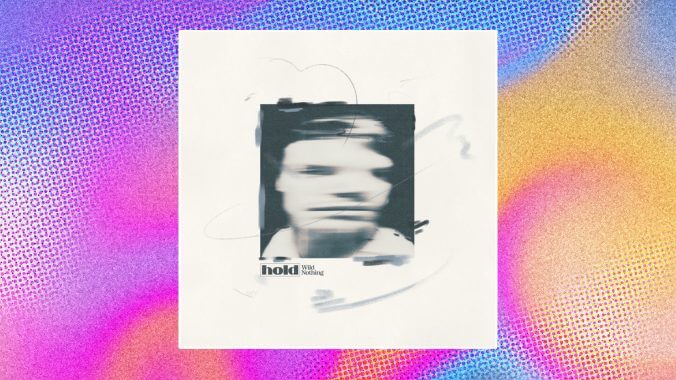Wild Nothing Returns to His Roots on Hold
Jack Tatum’s retreat to his suburban roots proves to be fertile ground for the Wild Nothing sound, but aimlessness still hovers across his first album in five years.

Jack Tatum has ended up where he started. He began Wild Nothing in his hometown of Blacksburg, Virginia, while he also studied communications at Virginia Tech. He recorded in his apartment and channeled suburban ennui and nostalgia for ‘80s indie into his debut album, Gemini. After Gemini’s breakthrough success, Tatum moved to New York City, and Wild Nothing’s subsequent releases became associated with other early 2010’s Brooklyn-hipster-core chillers: Deerhunter, Real Estate, Beach Fossils. Later, he moved to Los Angeles and polished Wild Nothing’s output with the septic cleanliness of the professional studio. And now, over a decade after Gemini, he’s returned to Virginia, this time as a father and a husband.
Tatum went from his suburban hometown to New York City and LA and back again. He made records in his bedroom, graduated to big city studios just to end up back in his bedroom. It’s a near-perfect paradigm of millenial coming of age. Tatum moves forward, only to discover that the starting and finishing lines are all the same. Now, Wild Nothing returns with their fifth studio album and first full-length in five years. It’s a pandemic record, another scrappy home studio record, and another record about growing up, trying to find meaning and settling down. Its title, Hold, is correct: The suburbs haunt Wild Nothing.
Ironically, Tatum’s return to the suburbs results in his freshest album in years. He sounds eager to prove his chops and hungrier than he has been since Gemini. You can hear that energy particularly on Hold’s drums. They anchor down mid-album cuts like “Dial Tone” and “Histrion” with heft so those songs don’t drift off into frictionless territory. “Suburban Solutions” has a rhythm section straight from True Blue-era Madonna, and it gets as close as Tatum ever has to the physicality of a dance beat. He links with Hatchie—a fellow Cocteau Twins revivalist—to ignite the album with its most invigorating track, “Headlights On.” Tatum sounds like he’s having fun with his big-room ‘80s love affair on “Headlights On,” instead of going through dream pop’s usual motions.
Tatum also adjusts how he uses his voice across Hold. He spruces up the vocals with harmonies, processing and countermelodies. “Dial Tone” buries the vocal line in autotune, and “The Bodybuilder” layers harmonies across a gentle, Phil Collins-esque ballad. Tatum might even push his range a bit on “Histrion” At the very least, he’s putting himself and his voice at the center of Wild Nothing’s music more than ever before. He’s never been a natural frontman, but, particularly on the pop songs that kick off Hold, he gives it more of an effort.
-

-

-

-

-

-

-

-

-

-

-

-

-

-

-

-

-

-

-

-

-

-

-

-

-

-

-

-

-

-

-

-

-

-

-

-

-

-

-

-








































